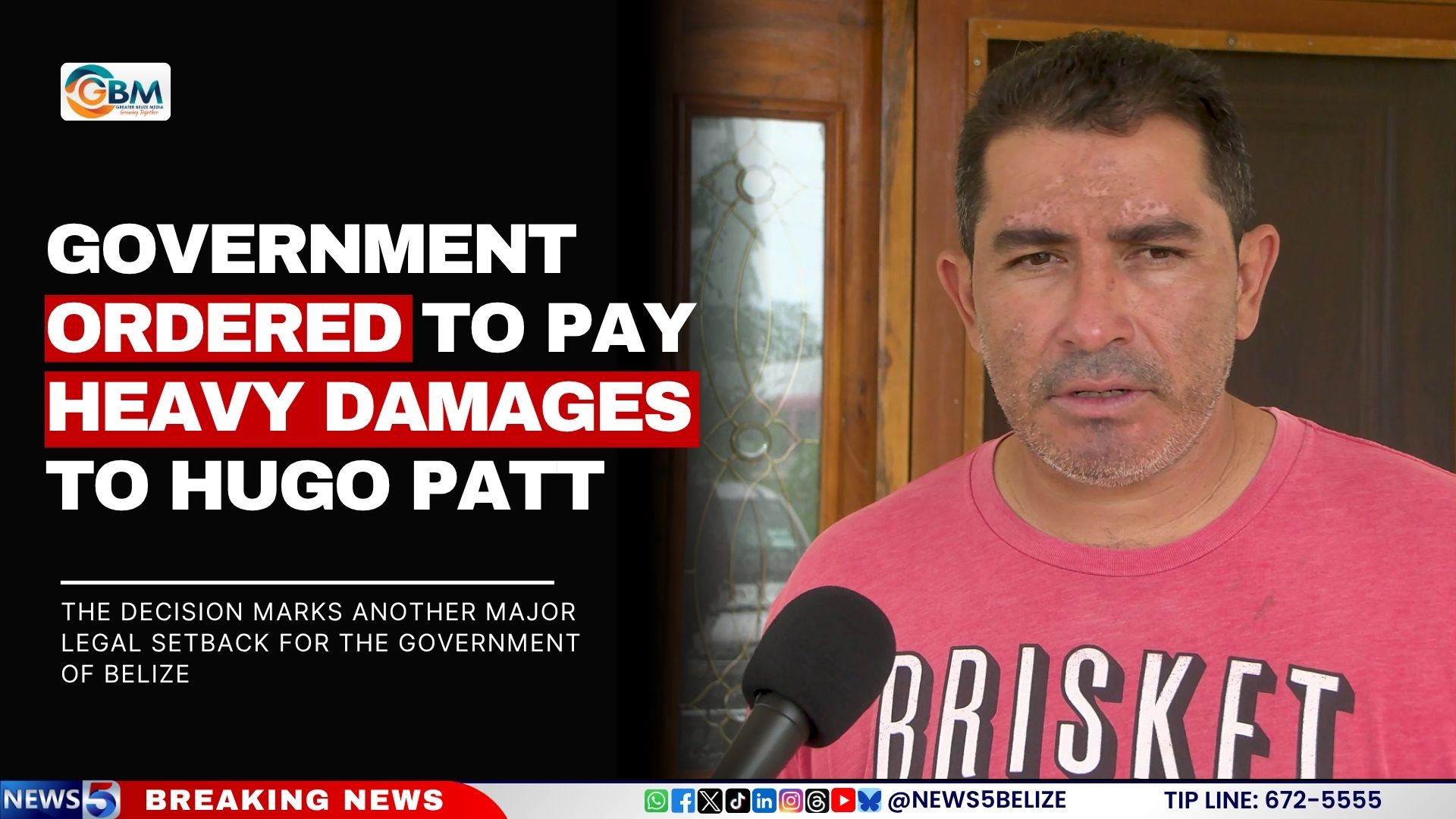The Court of Appeal has upheld a significant award of damages to former Deputy Prime Minister Hugo Patt, ruling that his constitutional rights were violated by the Commission of Inquiry into the sale of government assets.
The decision marks another major legal setback for the Government of Belize, which had sought to overturn a lower court ruling granting Patt compensation for breaches of natural justice and due process.
The ruling centers on the Commission of Inquiry established by Prime Minister John Briceño in 2021 to investigate the sale of government assets by the previous administration. Patt, who served as a Cabinet Minister under the United Democratic Party (UDP), was named in the Commission’s final report without having been given the opportunity to respond to serious allegations, including suggestions of criminal conduct.
In the Supreme Court, Justice Lisa Shoman found that the Commission had failed to issue a “Salmon letter”, a procedural safeguard designed to warn individuals before adverse findings are made against them. This failure, along with the lack of document disclosure and the absence of a proper chance to respond, constituted a violation of Patt’s constitutional right to the protection of the law.
The Government appealed, arguing that the financial award was excessive and that Patt had not provided sufficient evidence of distress. However, the Court of Appeal firmly rejected this position, finding that Patt had submitted compelling and unchallenged testimony describing his shock, distress, and professional harm resulting from the Commission’s report. The Court described his account as “plain and unambiguous” and noted that even the suggestion that he needed to refute the allegations was legally flawed.
The appellate judges also affirmed the trial court’s decision to award not only compensatory damages but also vindicatory damages, designed to reinforce the seriousness of the constitutional breach and deter future violations. While the court acknowledged that the trial judge could have elaborated more on the vindicatory award, it ultimately found the reasoning sound and the amount reasonable given the gravity of the breach.
